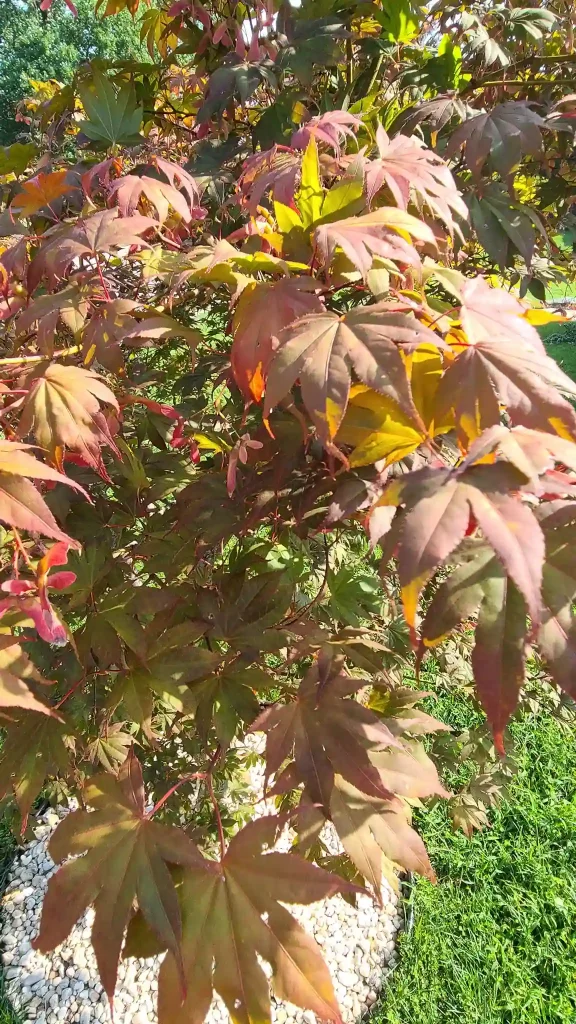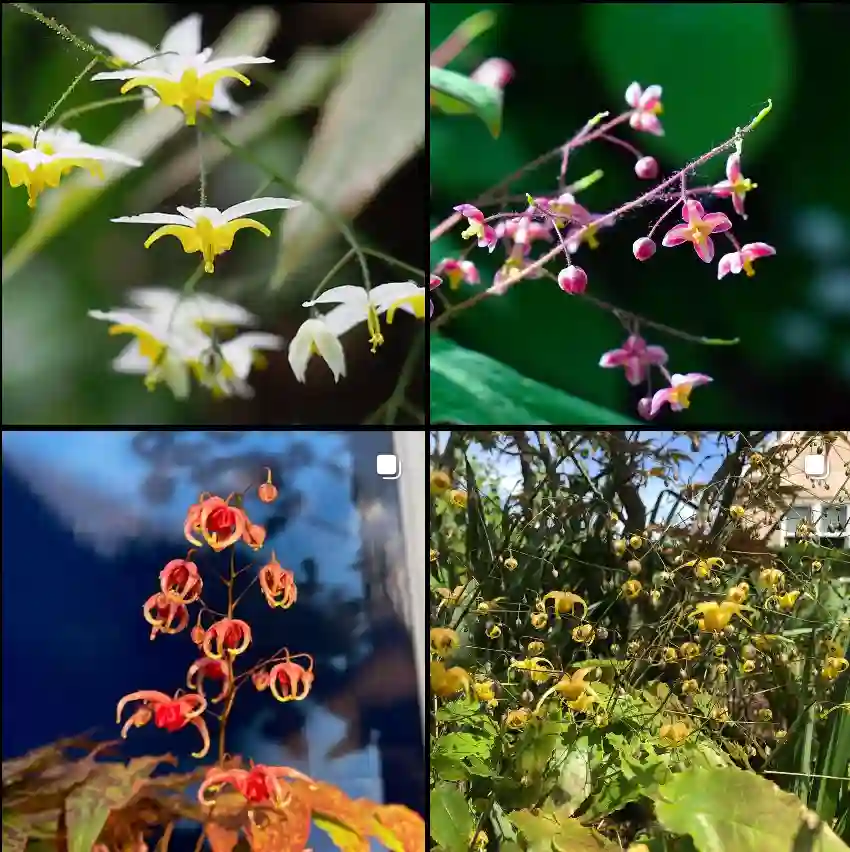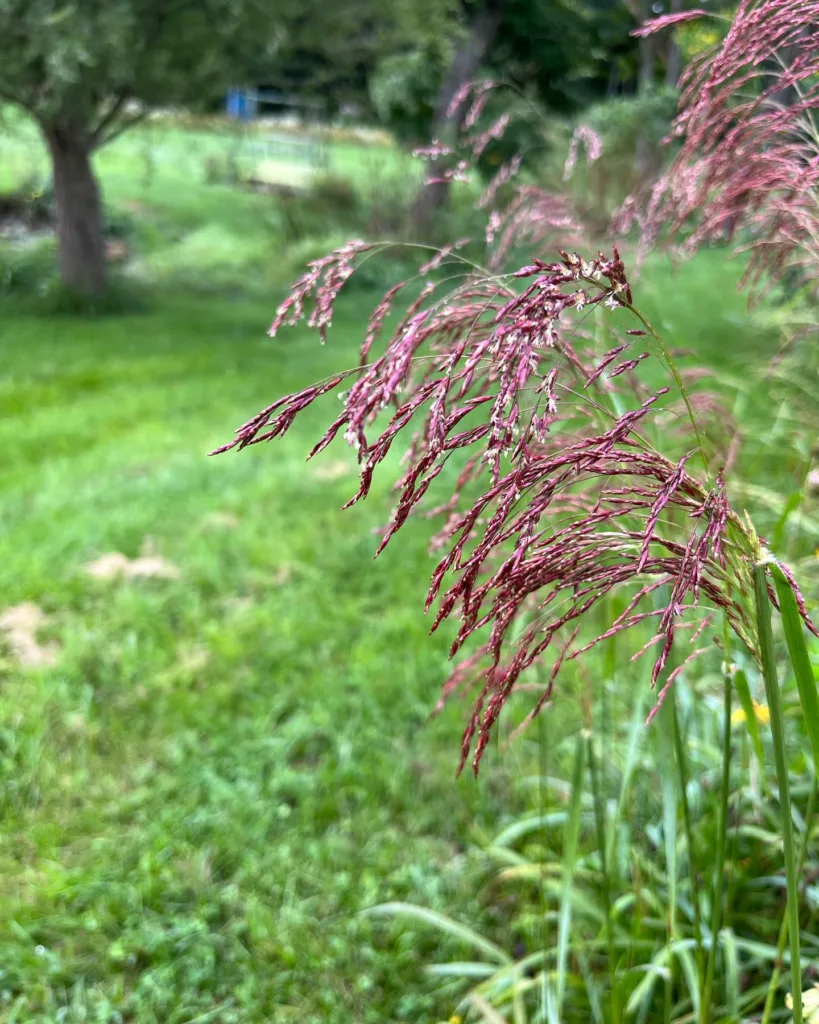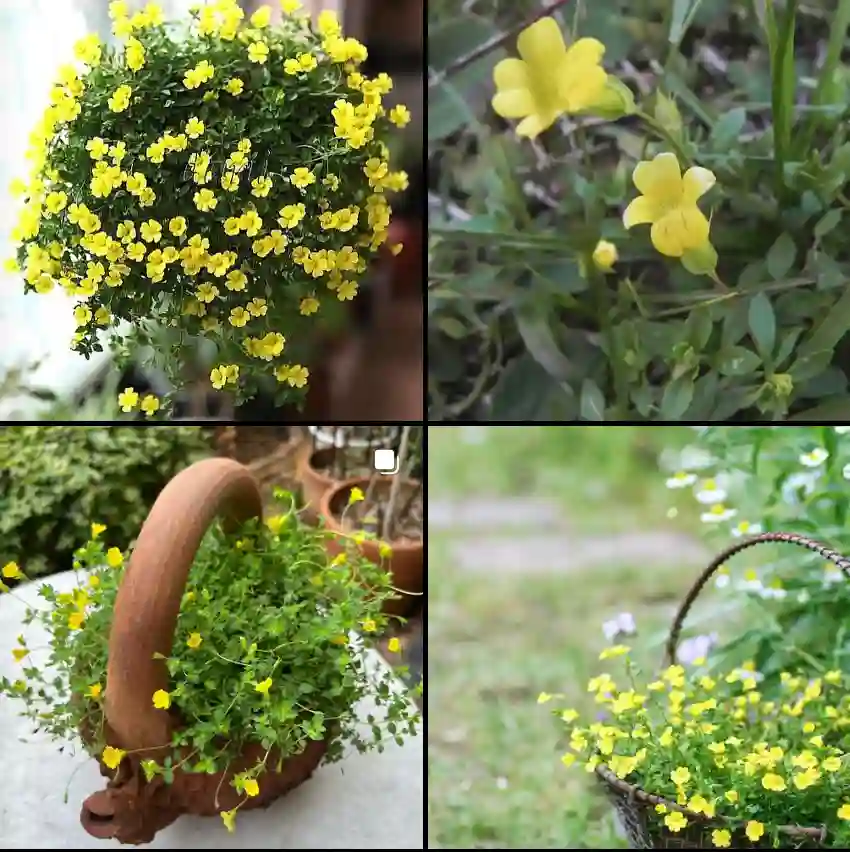Ficus Willow Leaf: A Bonsai Enthusiast’s Guide
I’m Ferb Vu, and for years, Ficus Willow Leaf (Ficus Salicaria) has held a special place in my bonsai collection. This resilient little tree offers a challenge and reward for bonsai enthusiasts of all levels. In this guide, I’ll answer some of the most common questions about caring for your Ficus Willow Leaf bonsai.
880 Species in Genus Ficus
Where should I position my Ficus Willow Leaf bonsai?
Think sunny balcony. Ficus Willow Leaf thrives in bright, indirect sunlight. South-facing windows are ideal, but be mindful of harsh afternoon sun that can scorch the leaves. East or west-facing windows also work well. Avoid placing your bonsai in drafty areas or near heating vents.
Does Ficus Willow Leaf need sunlight year-round?
Not necessarily. While it appreciates consistent sunlight during the growing season, it can tolerate lower light levels in winter. However, be mindful of leaf drop if the light is too dim for extended periods.
How often should I water my Ficus Willow Leaf bonsai?
The key here is “let the soil dry slightly between waterings.” Stick your finger into the soil. If the top inch feels dry, it’s watering time. Overwatering is a common killer of bonsai, so err on the side of underwatering.
What kind of water should I use?
Most tap water is fine, but if your water is particularly hard or chlorinated, consider using filtered or rainwater.
What type of soil is best for Ficus Willow Leaf bonsai?
Bonsai require a well-draining soil mix. A common option is a mixture of akadama (baked clay pebbles), lava rock, and pumice. This allows for good aeration and prevents root rot.
How often should I fertilize my Ficus Willow Leaf bonsai?
During the growing season (spring and summer), fertilize your bonsai once a month with a diluted bonsai fertilizer. Reduce fertilization in winter when growth slows.
Pro Tip: When fertilizing, remember “less is more.” Overfertilizing can damage the roots and stunt growth.
Can I prune my Ficus Willow Leaf bonsai?
Absolutely! Pruning is essential for maintaining the shape and size of your bonsai. You can prune throughout the growing season, but major pruning is best done in late winter before new growth emerges.
How do I shape my Ficus Willow Leaf bonsai?
Ficus Willow Leaf responds well to wiring techniques. Use bonsai wire to gently bend and position branches to achieve your desired shape. Remember to remove the wire after a few months to prevent scarring.
Safety First: When pruning or wiring your bonsai, always use sterilized tools to prevent the spread of disease.
My Ficus Willow Leaf bonsai is losing leaves. What’s wrong?
Leaf drop can be caused by several factors, including underwatering, overwatering, insufficient light, or stress from repotting. Investigate your care routine and adjust accordingly.
How do I deal with pests on my Ficus Willow Leaf bonsai?
Mealybugs and scale are common pests on Ficus bonsai. Treat them with insecticidal soap or neem oil solution.
Remember: Early detection and treatment are key to controlling pests.
How does Ficus Willow Leaf compare to other Ficus bonsai varieties?
Ficus Willow Leaf is known for its smaller, delicate leaves, making it ideal for creating miniature bonsai landscapes. Compared to Ficus Benjamina (Weeping Fig), Ficus Willow Leaf has a more compact growth habit and requires less pruning to maintain size.
Beyond Ficus: While Ficus is a popular choice for beginners, other bonsai species like Chinese Elm (Ulmus parvifolia) and Serissa (Serissa japonica) are also relatively easy to care for.
Ultimately, the best bonsai for you depends on your experience level, desired size, and aesthetic preferences.
Conclusion
Ficus Willow Leaf bonsai offers a rewarding challenge for bonsai enthusiasts. With proper care and attention, you can cultivate a beautiful and miniature representation of a majestic tree. Remember, the key to success lies in understanding the specific needs of your Ficus Willow Leaf and providing it with the right environment to thrive.
If i die, water my plants!



